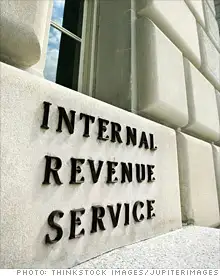The estate tax you should worry about

There's a lot of speculation about what will happen to the federal estate tax (or the "death tax," if you oppose it) next year. A handful of bills have been introduced in Congress recently, many of which would raise the current exemption from $3.5 million to $5 million and keep the tax rate at 45%. (Under current law, the estate tax disappears in 2010 but is reinstated in 2011 at 55% on estates larger than $1 million.)
Whether the exemption jumps from $3.5 million to $5 million -- or disappears altogether -- you may assume that you don't have an estate tax issue. Few of us leave behind that much wealth. But here's where many people go wrong: While you may not owe federal taxes you could be on the hook to your state.
That's right, nearly half of states have either an estate tax, an inheritance tax or a combination of both. And in many cases, the state exemption is much lower than what the Feds let you get away with these days. (If you recall, back at the start of the decade, the federal exemption was $675,000. In a vintage move, New Jersey and Rhode Island still peg their exemption at that level.)
On the bright side, the death tax rate is less in states -- no more than 20%. But check on your state's current law at your local department of revenue. (Delaware reinstated an estate tax this summer.) If your assets exceed the exemption level, speak with an estate planning attorney.
And while you've got taxes on your mind, don't forget to make these tax-saving moves before the end of the year.